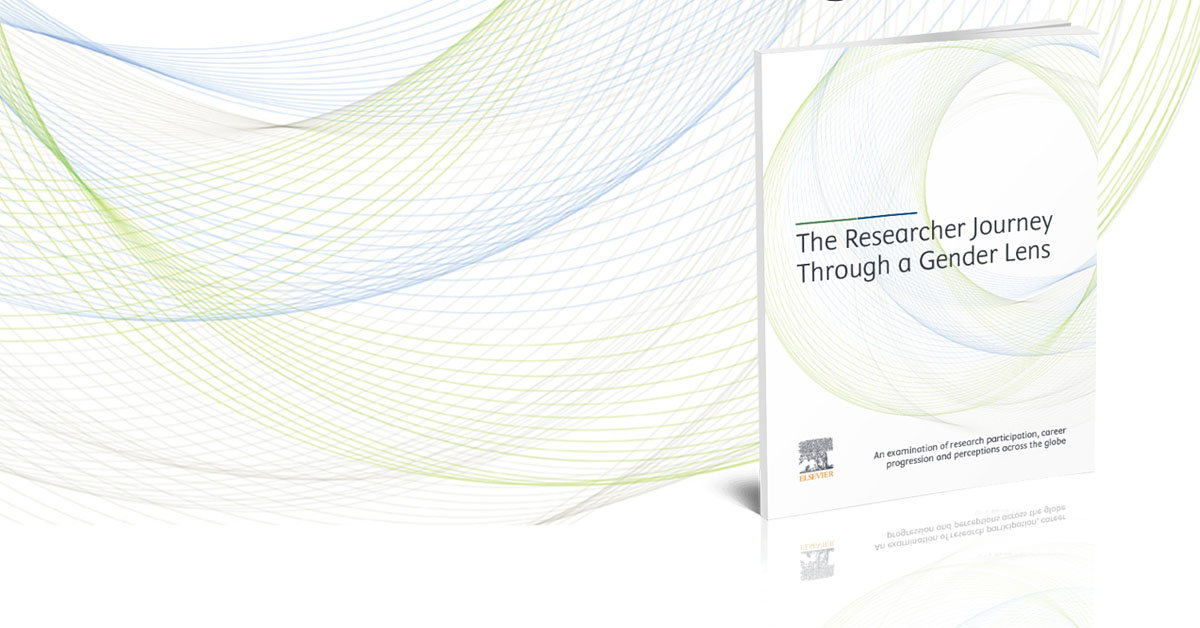Adolescent Addiction (Second Edition), Epidemiology, Assessment, and Treatment, Practical Resources for the Mental Health Professional, 2020, Pages 215-240
Partner content
Global Citizen, 28th February 2020
Environmentalism and sustainability are two buzzwords that have come to represent an awakening of the people's collective conscience over the last two decades or so. Pedantically, the two words have slightly different meanings, yet there is sufficient overlap that they are commonly used interchangeably.
Evidence-informed Approaches for Managing Dementia Transitions: Riding the Waves, Volume , 4 February 2020
Evidence-informed Approaches for Managing Dementia Transitions: Riding the Waves, Volume , 4 February 2020
Evidence-informed Approaches for Managing Dementia Transitions: Riding the Waves, Volume , 4 February 2020

